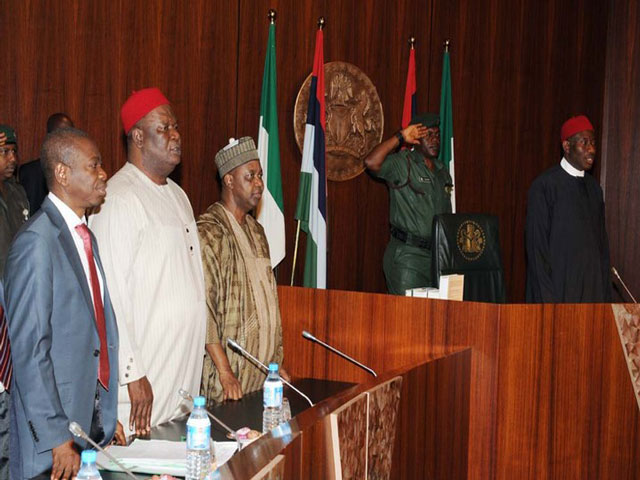
After the council’s meeting on Wednesday, the minister of Agriculture, Dr Akinwumi Adesina, said that many financial donors were excited with the turnaround in the agricultural sector of the economy and would do all they could to support the efforts of the Federal Government.
Mr Adesina said that the loans would be invested in 14 staple crop processing zones across the country spread over a whole range of commodities like rice, cassava, sorghum as well as oil palms.
According to him, the zones that will be covered include the Adani-Omo in Ebonyi and Enugu States, for rice and cassava, Bida and Badegi for rice, Kano and Jigawa for rice, Kebbi Sokoto.
The seven states that will benefit include Anambra, Enugu, Jigawa, Kano, Kebbi, Niger and Sokoto.
The loan facility will support infrastructure development, production, irrigation, social infrastructure like rural roads, portable water, sanitation, health care. It will also cover 27 Local Government Areas and it will be developed in close partnership with the state governments.
The government is looking to fully move agriculture from subsistent level to real business level.
While enumerating the benefits of the loans under the crop processing zones, Mr Adesina gave the assurance that every loan taken must be accounted for.
One of the major benefits the government is targeting is job creation, having considered opportunities that agriculture can create. The government is already encouraging young Nigerians to go into farming.
The council believes that with the loan, the rural infrastructure needs of the country will be experiencing a face lift and that wealth will be kept at home, placing Nigeria at the forefront once more.

